We may earn money or products from the companies mentioned in this post. This means if you click on the link and purchase the item, I will receive a small commission at no extra cost to you ... you're just helping re-supply our family's travel fund.

Mexico’s coastline beckons with sun, surf, and vibrant culture. Yet beneath this inviting allure, savvy U.S. beachgoers must navigate more than just waves. Scams (some subtle, others brazen) are a less-discussed hazard that can turn a dream vacation sour. These cons prey on trust and unfamiliarity, from cab rides to shady vendors. Knowing the common pitfalls before your toes hit the sand can save you frustration, money, and even safety. Here are ten scams to watch for, and how to dodge them like a pro.
1. The Overpriced Taxi Ride That Never Ends
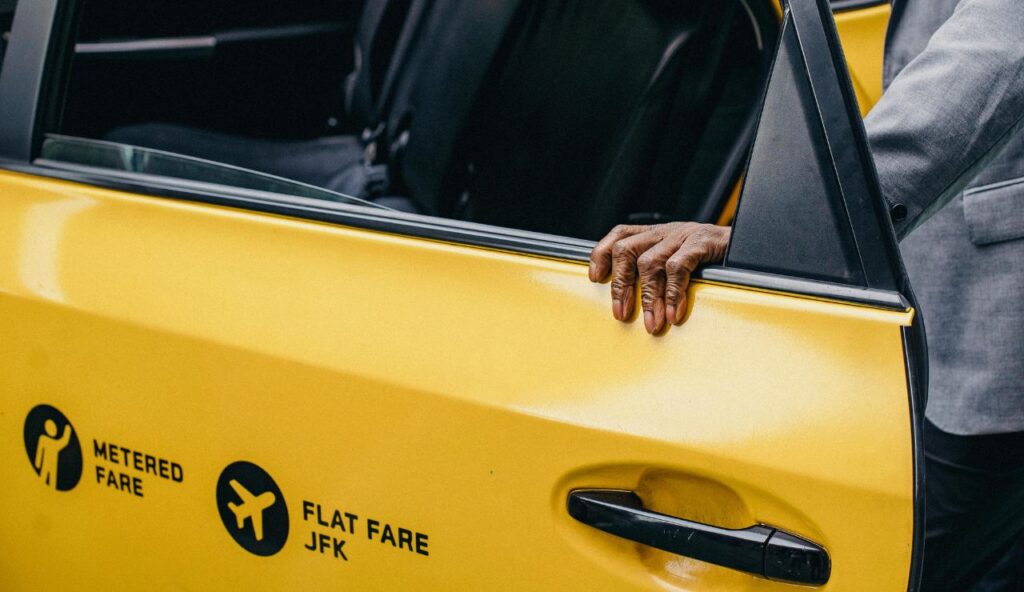
Airport-to-hotel taxis can be a trap if a fixed fare isn’t set. In Cancun specifically, ride‑share access remains contentious at the airport despite legal rulings; pickups are often restricted and union pushback occurs. Pre‑book licensed transfers, use official taxi stands, or request ride‑shares off airport property where permitted. Always confirm “precio fijo” before boarding to avoid meter “issues,” long detours, or surprise tolls.
2. Fake Police Checkpoints That Demand Bribes
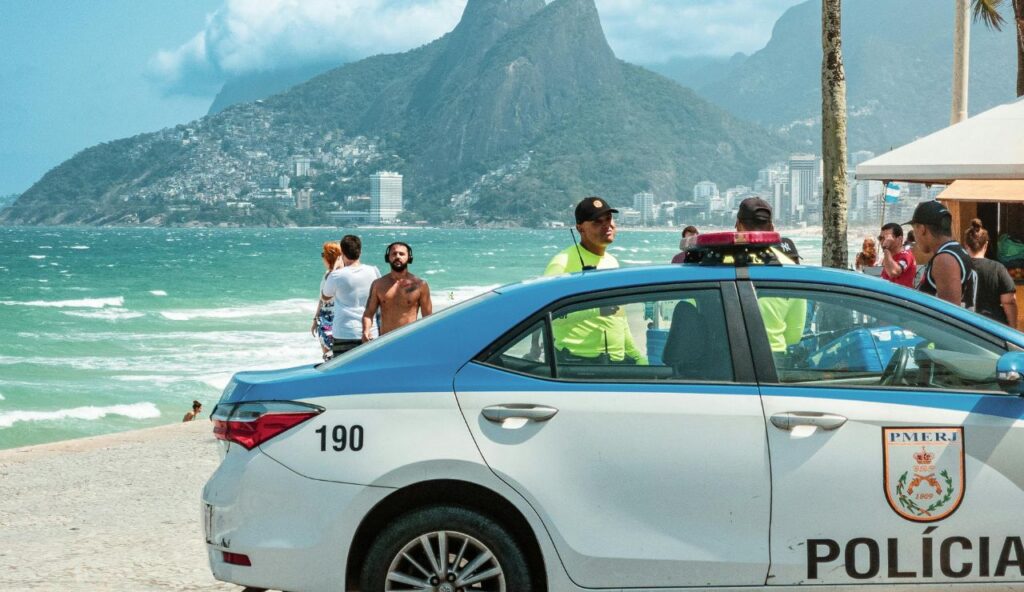
In some tourist areas, impostors pose as officers, cite minor infractions, and demand cash. Stay calm, ask for ID, and decline on‑the‑spot payments; request to settle any fine at a station. Use official help lines if pressured: 911 for emergencies, 078 for tourist/highway assistance (Ángeles Verdes), or contact PROFECO for consumer issues after the fact. Legit officers follow procedure and won’t insist on cash.
3. The “Free” Tours That Lead to Pressure Sales
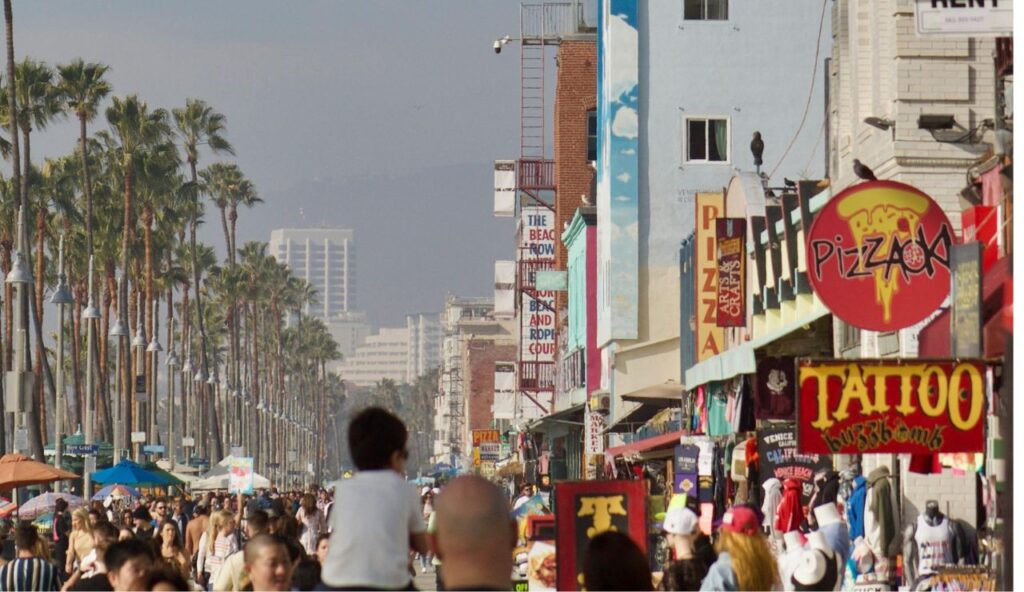
“Free” excursions can funnel visitors into aggressive sales or timeshare pitches. In 2025, U.S. Treasury sanctions highlighted cartel‑linked timeshare fraud preying on Americans with upfront “fees” and wire transfers. Book tours via vetted operators, refuse incentives tied to long presentations, and never wire advance payments. If targeted, document details and report to authorities and consumer channels.
4. Beach Vendors Overcharging Tourists
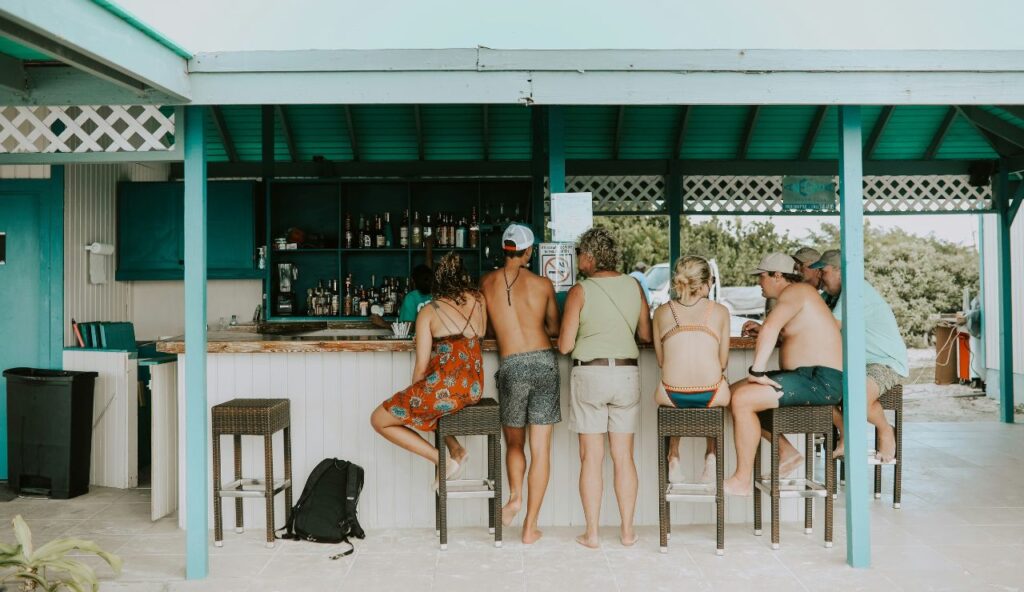
Vendors may inflate tourist prices on snacks, drinks, or souvenirs. Instead of assuming a typical markup, ask prices up front, compare, and negotiate politely, or bring water and essentials to avoid impulse buys. If an interaction feels pushy or unclear, smile and decline. For disputes over goods or pricing, keep receipts and consider filing a consumer complaint with PROFECO afterward.
5. Counterfeit Currency Swaps in Busy Markets

Counterfeits and short‑changing do occur in busy areas. Use smaller denominations, check notes, and pay by card at reputable businesses when possible. When using cash machines, withdraw inside bank branches or large supermarkets for added security, and inspect change in good light. If handed a suspect bill, politely refuse and ask for another or cancel the purchase.
6. The “Broken” ATM or Card Skimming Setups
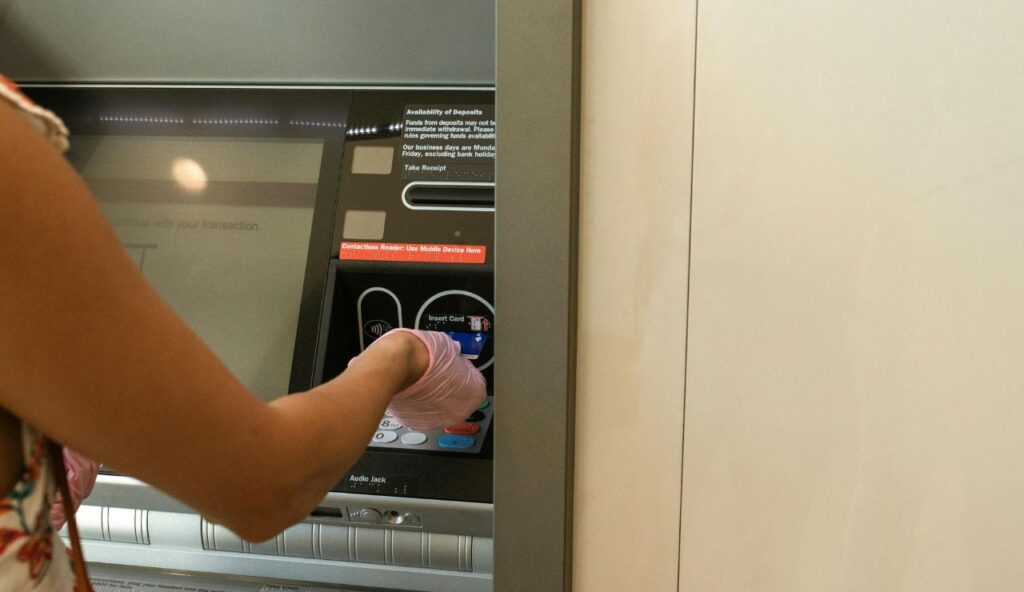
Avoid standalone or poorly lit ATMs; skimming and shimming have been documented in tourist zones. Choose machines inside bank branches or major supermarkets, cover the keypad, and enable card alerts. Review statements during and after the trip to catch unauthorized charges quickly and dispute them through the bank. Withdraw larger amounts less frequently to reduce exposure.
7. Rental Equipment Damage Claims

When renting jet skis, paddleboards, or umbrellas, inspect and film items before and after use, and keep the contract. Use reputable beach concessions recommended by hotels or tourism boards. If a dispute arises, remain calm, refer to time‑stamped photos, and pay only documented charges; escalate to local authorities or PROFECO for mediation if needed.
8. The “Friendly” Stranger Offering Help… For a Fee

Helpful strangers may expect payment. It’s fine to tip for accepted help, but avoid escalating demands. In transport hubs or parking areas, look for uniformed staff, official porters, or designated stands. If unsure, decline assistance and use tourist hotlines or your hotel to arrange support instead. Trust instincts and prioritize well‑marked, official services.
9. Fake Charity or Religious Donation Requests

Emotional appeals can mask fraudulent solicitations. Support causes through vetted organizations or official channels rather than street donations. Avoid on‑the‑spot card payments to reduce skimming risk. If approached, a firm, polite “no” is acceptable. For questionable solicitations tied to a business, keep details and report patterns to PROFECO so authorities can investigate.
10. Timeshare Presentations That Spiral Out of Control

“Free” meals or gifts can lead to high‑pressure timeshare pitches. In 2025, U.S. authorities sanctioned cartel‑linked groups tied to timeshare fraud in resort areas, often demanding upfront “fees” via wire. Decline invitations, never pay in advance, and verify companies through official channels before engaging. If targeted, preserve documentation and file complaints with appropriate U.S. and Mexican authorities.